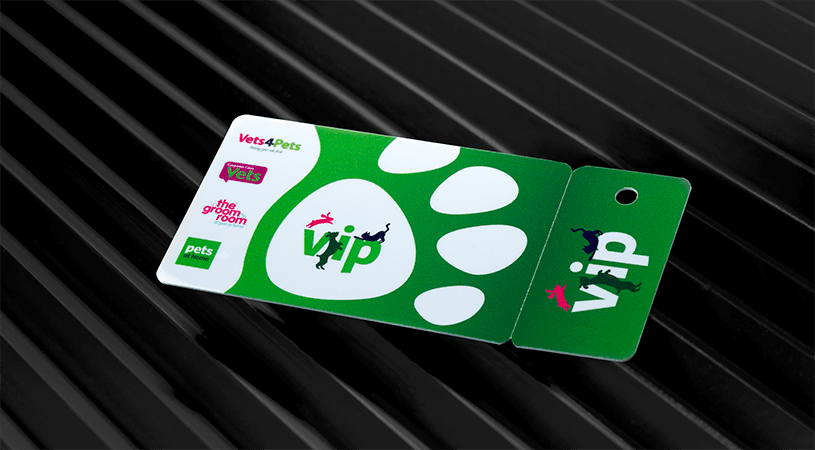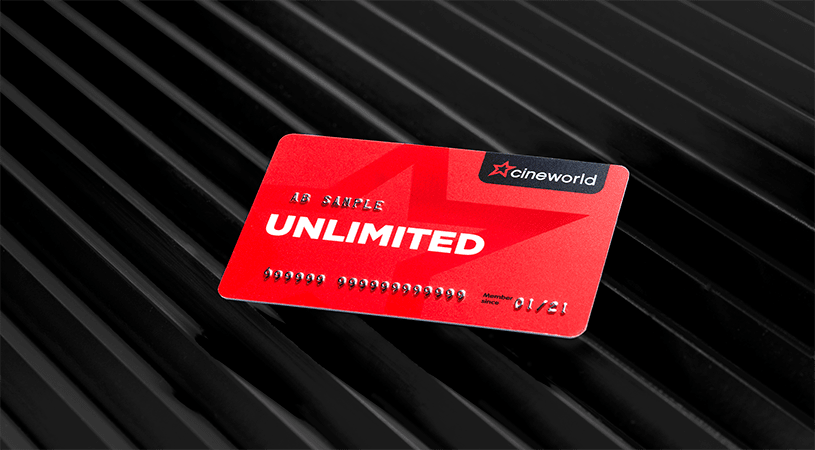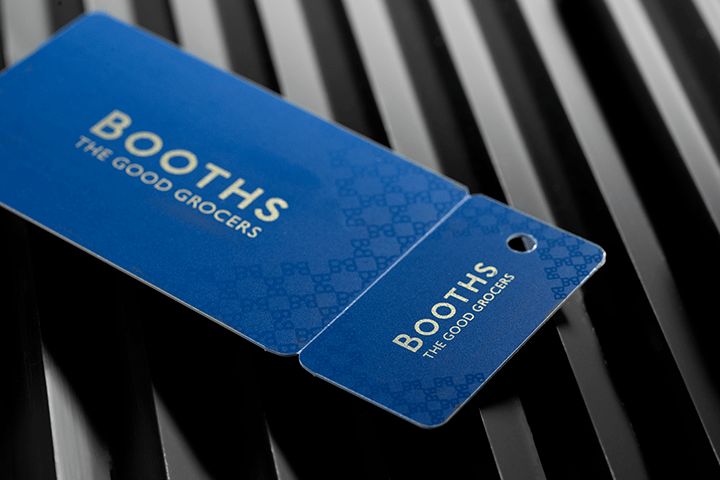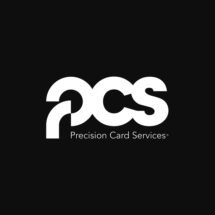The loyalty market is big business in the UK. Nearly 44m people own a loyalty card, and almost 70 per cent believe being a member of a loyalty club makes them more likely to make repeat purchases. And, despite plastic loyalty cards celebrating their thirtieth anniversary last year, their popularity is still increasing with more than half of those surveyed owning more cards today than they did five years ago.
So how can independents tap into this market and increase loyalty among their customers? Adam Unsworth, sales director at leading loyalty card manufacturer Plastic Card Services, which commissioned the research, offers his advice.
Alongside our corporate customers such as Holland & Barrett and Coop Danmark we work with a number of smaller businesses that offer loyalty schemes: some are launching brand new offerings, such as Bollington Brewery and Hoopers Department Store, while others have been rewarding their customers’ loyalty for years. In many cases, these smaller, local businesses have already garnered a higher level of allegiance from their customers and the reasons for this are varied, from a focus on creating a great customer experience to the desire to support small or local businesses.
As a result, independents are already ahead of the game when it comes to securing loyalty and, rather than trying to match or beat the loyalty offerings from larger competitors, an emphasis on differentiation can set them apart from the crowd. Any scheme should always generate some level of useful data that can be used to map customers and tailor rewards accordingly. For example, the most basic of schemes should require a registration form which can be used to profile the consumer, while more complex programmes can track purchases made, allowing the provider to adapt its offering on a rolling basis.
When deciding how to reward loyalty, originality is key. While tried and trusted points-based systems work well, unusual one-off benefits or treats that are truly valued may also be effective. For example, a hotel could offer regular guests a surprise champagne breakfast or could partner with a local independent restaurant to offer a complimentary meal.
Timely targeted marketing is crucial for keeping in touch with customers to offer them the best deals or one-off rewards. This can be done cost effectively by email, and can also allow customers to choose the type and frequency of the information they receive. And creativity shouldn’t stop at the rewards on offer or the communications with customers. Every plastic loyalty card or fob is a brand touch point and an opportunity to use design to remind customers of the feeling they get when they interact with the business.
The key point to remember is that the true benefit of being a small or independent business is the ability to be flexible and personalise efforts in order to treat each customer as an individual – an area where many larger schemes can fall down.





